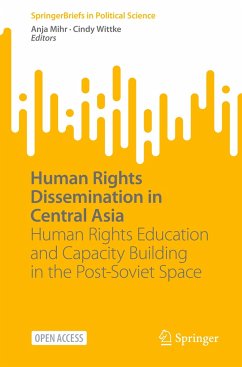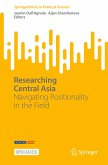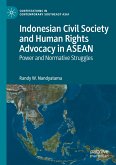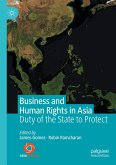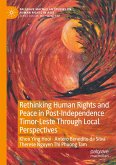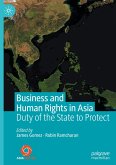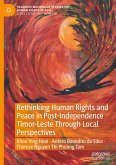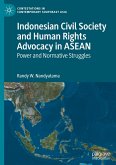This open access book explores the field of human rights dissemination in Central Asia. Offering a comparative perspective on five post-Soviet Central Asian states-Kazakhstan, Kyrgyzstan, Uzbekistan, Turkmenistan, and Tajikistan, it examines compliance with international human rights standards in these countries. The contributions capture various aspects of human rights dissemination through educational programs, seminars, training, and empowerment programs at Central Asian universities, together with Central Asian NGOs/CSOs and international organizations.
The book shows that a change of behavior among state and non-state actors in the region can only happen when both local and international actors, usually international donors, jointly take action to report, train, and empower people in human rights. This book is an invitation to anyone interested in the (troubled) nexus between international human rights norms and standards and their implementation on the local level, as well as in the effective empowerment of citizen in the region.
The book shows that a change of behavior among state and non-state actors in the region can only happen when both local and international actors, usually international donors, jointly take action to report, train, and empower people in human rights. This book is an invitation to anyone interested in the (troubled) nexus between international human rights norms and standards and their implementation on the local level, as well as in the effective empowerment of citizen in the region.

